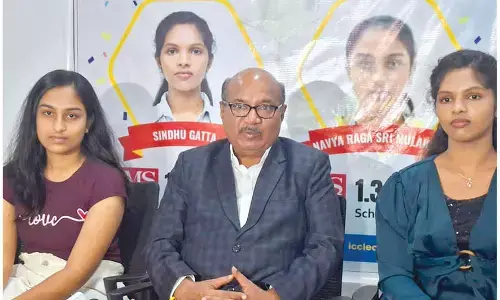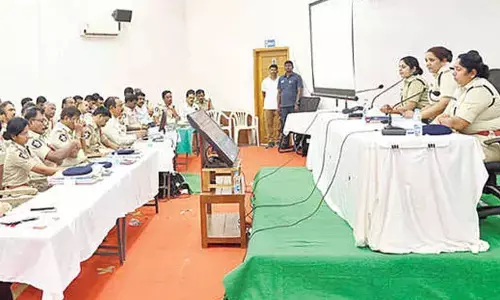Profession Tax structure revised, to bring in 161 crore extra

Profession Tax structure (Representational Image)
Andhra Pradesh State govt enhances one slab rate from Rs 1,250 to Rs 2,000, continues with second slab at Rs 2,500
Amaravati: The state government on Monday revised the Profession Tax structure, enhancing one slab rate from Rs 1,250 to Rs 2,000 and continuing the second slab at Rs 2,500 for different professions, to net an additional revenue of about Rs 161 crore per annum.
The state government realised Rs 231.68 crore in the form of Profession Tax in 2019-20 and Rs 221.80 crore the previous year.
However, due to the impact of coronavirus, profession tax collection up to July in the current financial year was only Rs 46.85 crore as against Rs 69.60 crore in the corresponding period last year, a fall of 32.70 per cent, according to special chief secretary (revenue), Rajat Bhargava.
"The last revision of profession tax was done back in February 2013. Since then, the economic scenario saw many changes, impacting the incomes of various professionals and warranting an upward revision of tax slabs in certain categories," Bhargava said.
Taking various factors into consideration, the government has decided to rationalise the rates of Profession Tax for certain categories, ensuring that the maximum tax payable by any person did not exceed Rs 2,500 per annum, the special chief secretary said.
Under the new structure, public telephone operators have been removed from the profession taxpayers list, while restaurants, take-away food points, canteens and curry points were added anew, with a tax rate of Rs 2,500.
The revenue special chief secretary also issued an order directing 18 government departments, appointed as profession tax collection agents, to amend the relevant Act or Rules administered by them making payment of profession tax a pre- condition for grant or renewal of licences and permits.
The departments include transport, irrigation, municipal administration, revenue, marketing, endowments, registration and stamps, industries, handlooms and textiles, horticulture, fisheries, education and excise.














